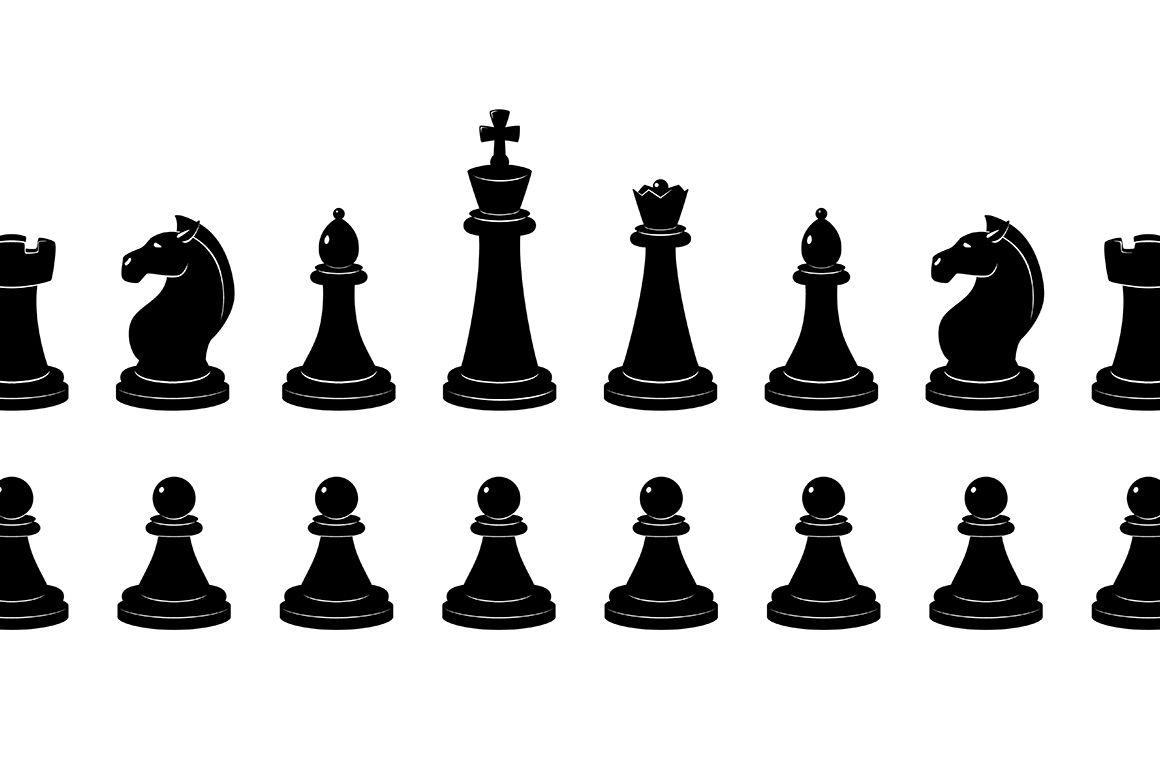Chess is one of the oldest games and yet its simple mechanics and structure have led to hundreds of years of study, play in attempt to full comprehend the game. The beautiful side to the game then, comes not from the rules, but from the dynamics that follow.
The mechanics are simple. Each player has 16 pieces playing over a 64 square board. Each piece can move across the board in a certain way—some move up one square at a time, others can only travel diagonally. The player with the white pieces begins first, and each player takes turns moving their pieces until one side achieves checkmate, there is a draw, or there is a stalemate.
Yet once you understand these simple mechanics, and you understand how each piece can move, the dynamic that unravels is to begin thinking about the consequences of each move. If I put my piece there, what might my opponent do. And if I do this and my opponent does that, I don’t like where that leaves me, so I shouldn’t do this. Quickly this cycles into levels of deep calculation, trying to understand the implications of each choice you make and the opportunities you and your opponent have.
Then of course, there is the mechanics of winning. What we see in Chess, is that how you win is an entirely new world of interesting game dynamics. If you and your opponent deeply understand the position of the game, it is an expected dynamic that you should resign when you recognize you will very likely lose. If the position is tied and there aren’t many moves to make, it is common to mutually agree to draw a game. Then finally, there is the pursuit of beautiful checkmates. While this is largely an aesthetic to the game, I feel the need to mention it, as it informs how we play, and the choices we make given the rules. Obviously you can always try to brute force win by taking all of your opponents pieces, but a beautiful dynamic unfolds when a skilled player uses tactics (recognizes similar winning patterns) to uncover a cheeky checkmate early in the game.
Learning these dynamics and understanding that chess is so much more than the simple mechanics is how I’ve found myself absolutely loving the game and spending so much of my free time playing.



